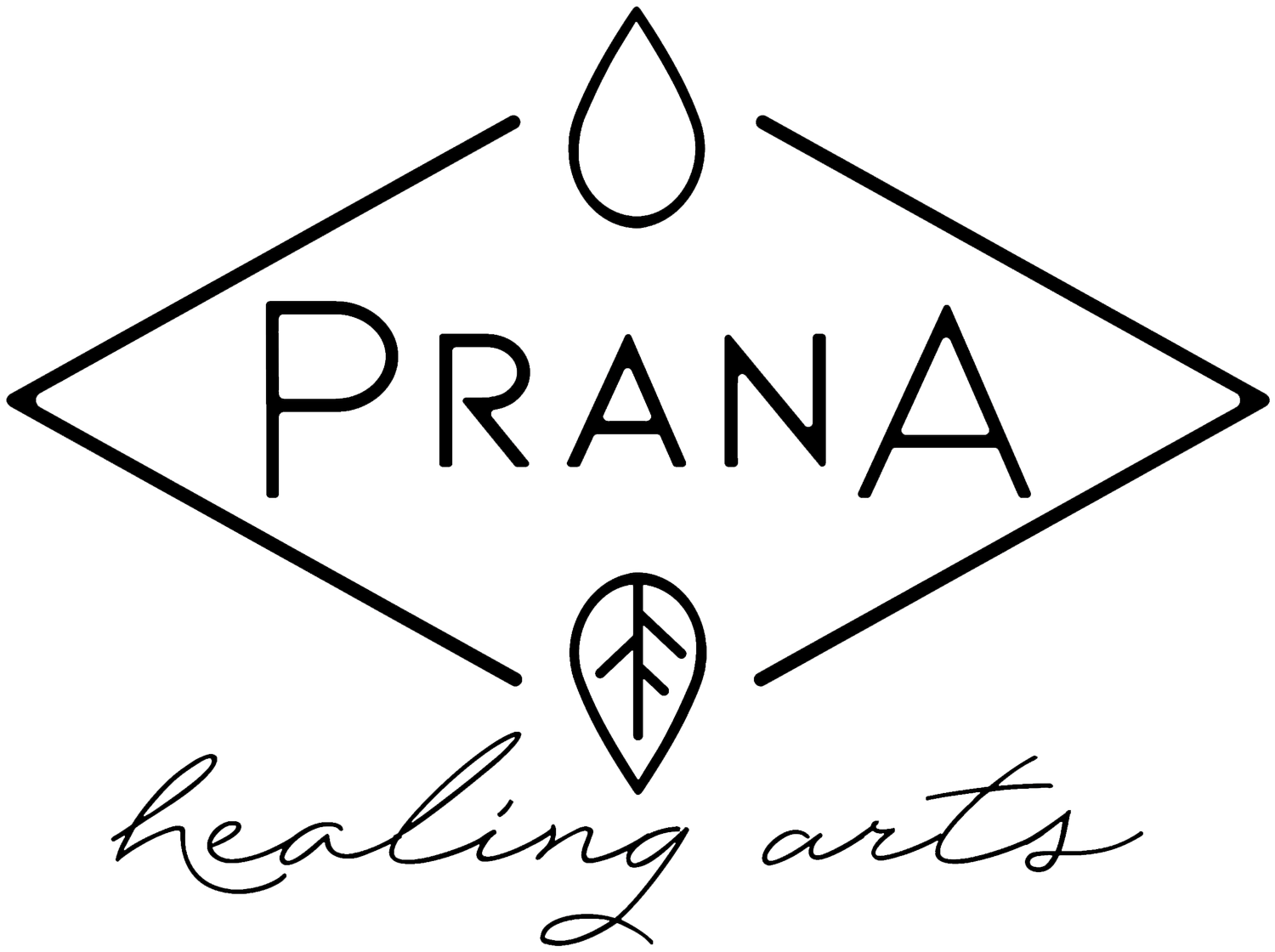Staying balanced through the Winter
“During the Winter months all things in nature wither, hide, return home, and enter a resting period, just as lakes and rives freeze and snow falls. This is a time when yin dominates yang. Therefore one should refrain from overusing the yang energy. Retire early and get up with the sunrise, which is later in Winter. Desires and mental activity should be kept quiet and subdued, as if keeping a happy secret. Stay warm, avoid the cold, and keep the skin covered. Avoid sweating. The theory of the Winter season is one of conservation and storage. Without such practice the result will be injury to the Kidney energy. This will cause weakness, shrinking of muscles, and coldness; then the body loses its ability to open and move about in the Spring.”
-The Huang Di Nei Jing ("The Inner Classic of the Yellow Emperor")
In Chinese medicine, Winter is connected with the Water element, and the Kidney organ system. Ideally, winter is a time of slowing down and resting our adrenals. Nourishment becomes the name of the game, as our bodies rest and recalibrate after the activities of summer and fall. Winter is the most Yin of the seasons, so if we are to align with the energetics of the season, we must align with the Yin principles of slow, restful living.
The Kidneys store our Jing, aka “pre-heaven essence.” This is the deepest and densest form of energy in our body. It is inherited from our parents and the whole lineage from which we are born. It holds our genetic potential and governs the aging process. Conserving Jing is a crucial task in Taoist philosophy. It is like the wax of our candle, and we want it to last as long as it is meant to last. We can burn through this precious substance quickly by living too “Yang." Overwork, over-giving, too much alcohol/drugs, too much sex, too much exercise, too much anything, really… These are all easy ways to squander our irreplaceable Jing.
How do we conserve our Jing? We rest when we are tired. We set boundaries and say “no” when we know that is appropriate. We are mindful of how we spend our time and our energy. We avoid “burning the candle at both ends." And importantly, we fill our tank with as much “post-heaven qi” as we can.
Post-heaven Qi is the energy we take in from the environment through food and fluids. It is like the money in a checking account, as opposed to the long term savings account of the Jing. The more qi we are able to take in from what we ingest (through the organs of the Earth element, Stomach and Spleen), the less Jing will need to be drawn from our Kidneys.
In the 5 element model, Water is controlled by Earth. We see this in how the banks of a river direct its flow. This means that the health and flow of our Water element (Jing and spiritual unfoldment) is largely impacted by the way we eat and drink. The stronger our Earth element (digestive function) is, the more contained our Water element will be.
How we eat and drink is reflection of our relationship to the Earth. It informs how our blood and all of our cells are created. It's true in a sense that “we are what we eat." It's even more true that “we are what we assimilate.” Unfortunately in this modern world of stress, toxins and depleted soils, our digestive tracts have been compromised in ways that make it harder for our bodies to take in nutrients from the foods we eat, even if we are eating “nutrient-dense” foods!
If nutrient absorption is the Yin aspect of digestion, detoxification would be the Yang aspect. These two functions are inextricably linked. If our Liver is hampered by a surplus of toxins and adipose tissue (not to mention stuck emotional energy, and that's a whole 'nother story!), it will not be able to perform its function of breaking down fats for usable and sustainable energy (the all-important post-heaven qi).
“The food you eat can be either the safest and most powerful form of medicine or the slowest form of poison” -Ann WIgmore
Food therapy is arguably the most important pillar of Chinese medicine. While this blog post won't be a deep dive into the complexities of how food is the most potent medicine available to us, I did want to share a few of the basic principles that can take you a long way toward fueling up on post-heaven qi and staying more balanced this winter.
Keep the digestive fire stoked. The concept of a digestive fire basically correlates with the western understanding of stomach acid and digestive enzymes, both of which weaken as we age. Cold food and drink further constrict blood flow to our digestive organs. We can support this fire by eating mostly warm/cooked foods, and taking digestive enzymes or digestive bitters before a meal (I'm a big fan of the Standard Process options).
Eat in a peaceful environment. When we're stressed, our body's resources are shunted away from our vital organs (our nervous system enters “fight or flight” instead of “rest and digest.") When we're eating, we want to be as relaxed as possible. Avoiding stressful shows, conversations and thoughts while we're eating helps our nervous systems be primed for optimal digestion.
Eat whole foods. Much of the “food” that's available to us these days is actually highly processed food-like products. Food is information, so eating highly processed food-like products is basically programming your cells toward states of disease. Eating lots of cooked veggies, with small amounts of fruit, grains and meat programs us for health. Buy organic whenever possible. (Pesticides are designed to kill bugs on crops, so therefore also kill the beneficial “bugs” that are critical players in our gut microbiome.)
Wishing you lots of peace, joy and love this holiday season. ❤️
